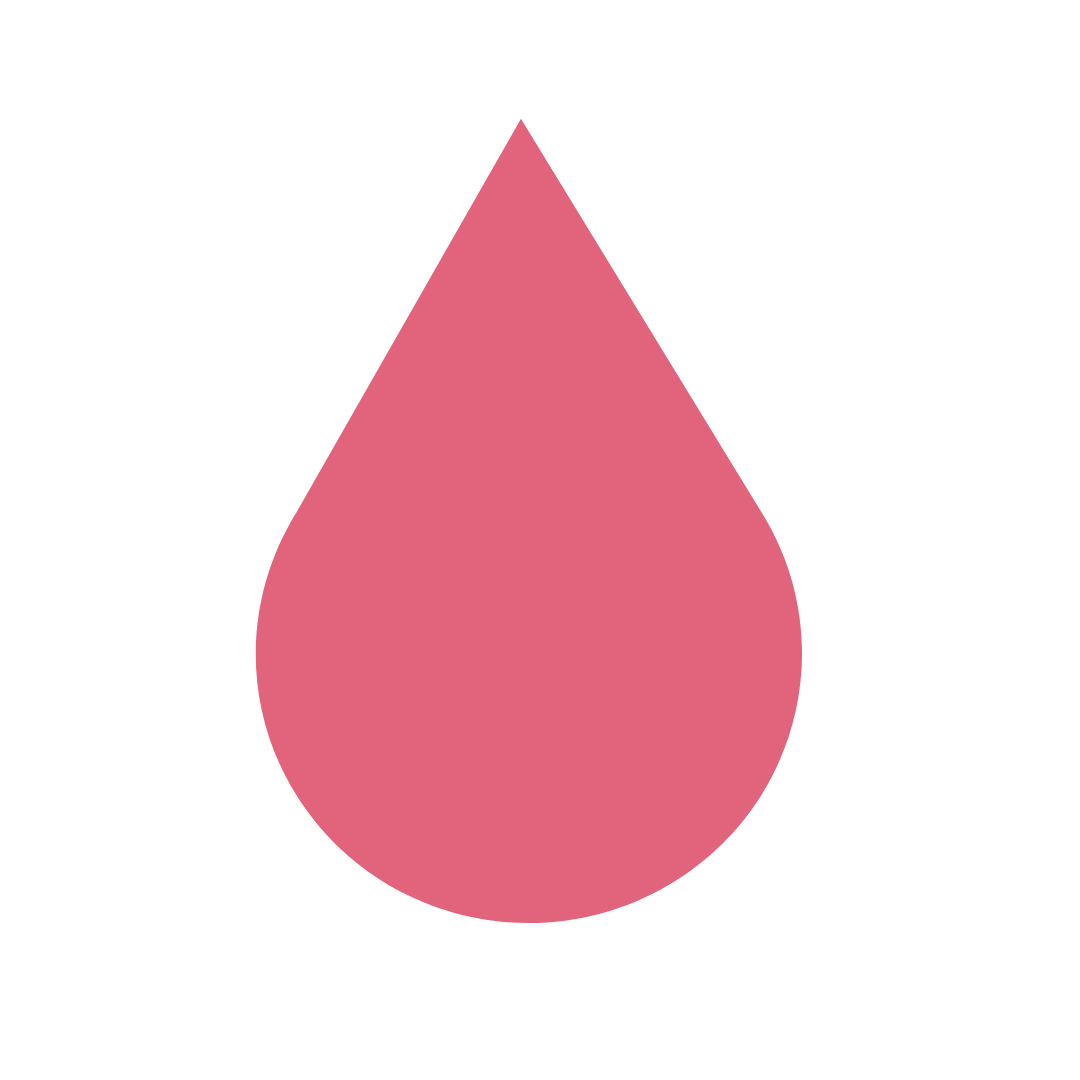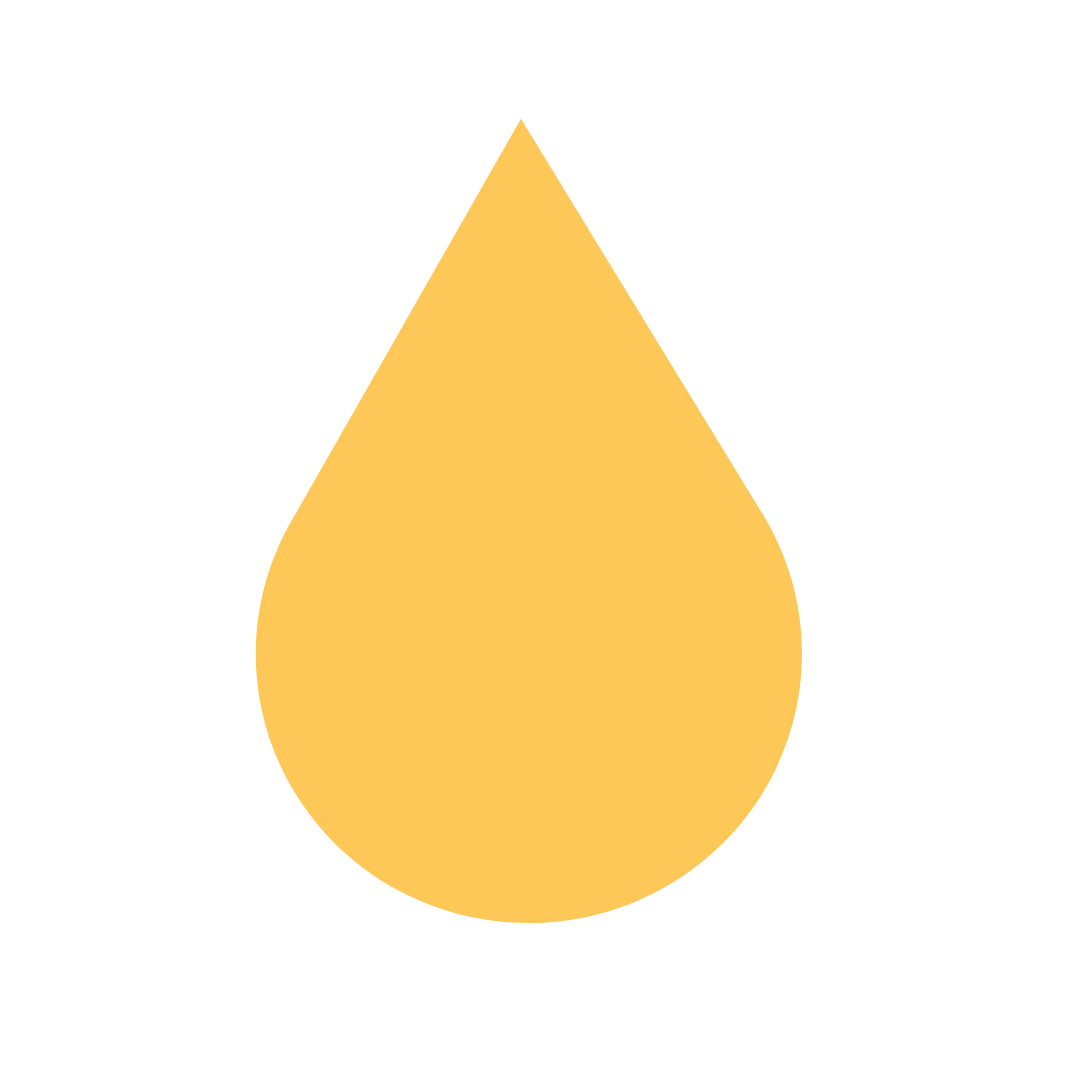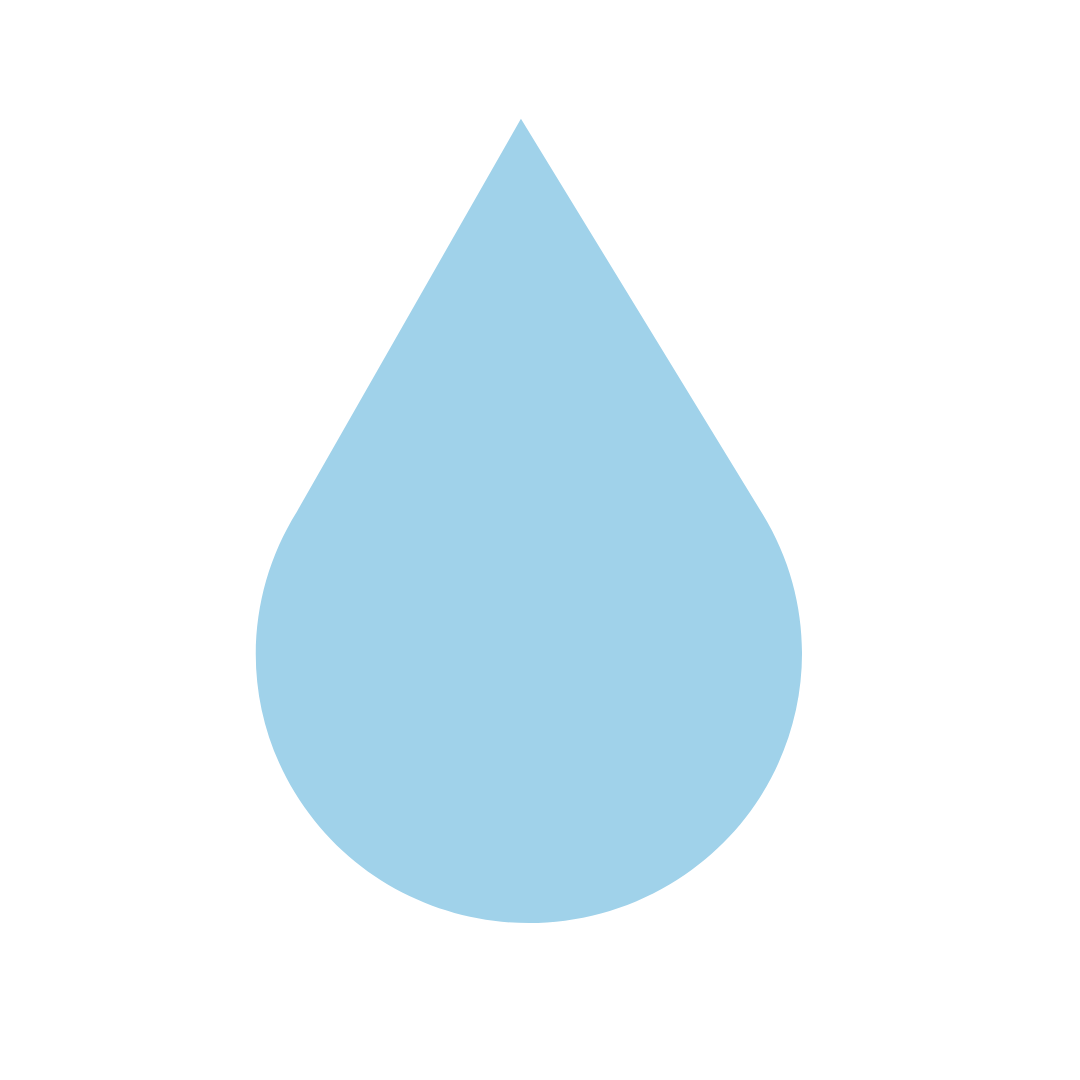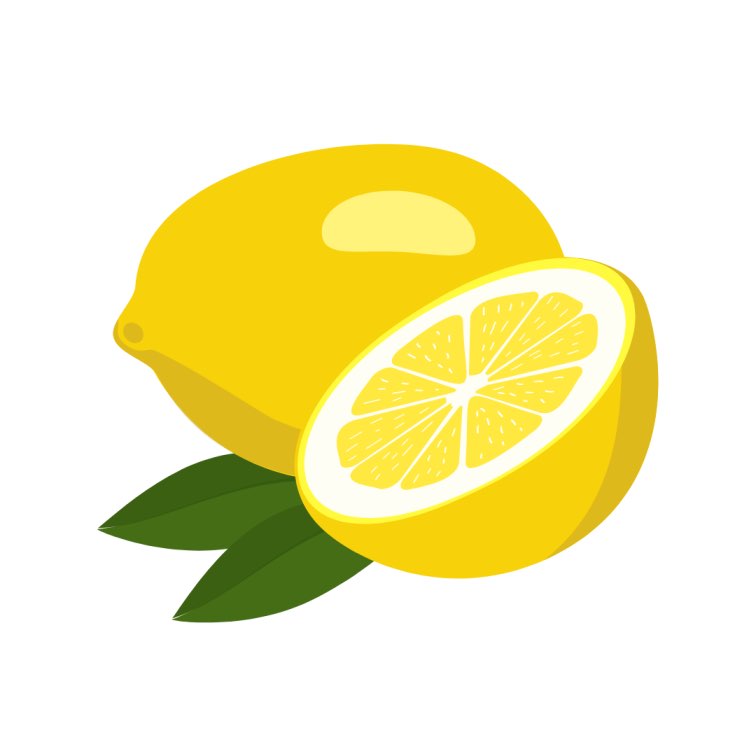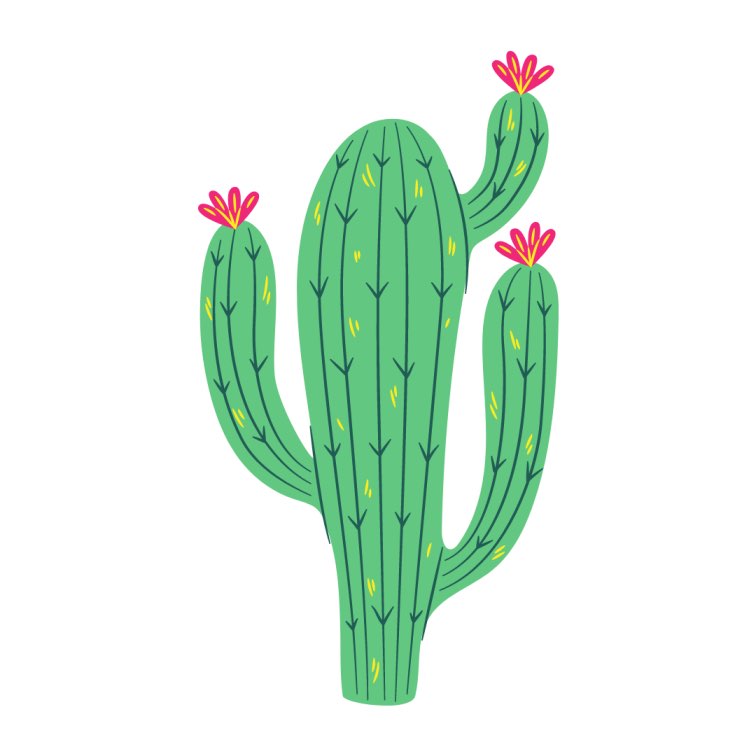In today’s world of mindful consumers, our choices have the power to make a positive impact. But, there are two terms that often confuse us: "vegan" and "cruelty-free." Although they may seem similar, it’s important to understand the differences between them– especially if you want to shop more sustainably!
At Green Eco Dream, we take pride in selecting products that are sustainable, ethical, cruelty-free, and vegan. Our team carefully evaluates each item on our website to ensure it meets these high standards. We believe in making informed choices. That’s why we provide detailed information about the certifications associated with each product.
With a simple click, you can explore the meaning behind each certification and make conscious decisions. Set out on a sustainable shopping experience and indulge in products that make you feel good and contribute to a better world for all beings.
In this blog, we’ll explore the differences between vegan and cruelty-free products. We will unravel common confusions, and highlight the importance of shopping cruelty-free.
Vegan Products: More Than Just Food
Being vegan is a lifestyle that sometimes goes beyond dietary choices. While many vegans focus on avoiding animal products in their diet, some also apply this philosophy to the products they buy.
The vegan philosophy is rooted in compassion for all living beings. This means that vegans avoid consuming or using any products from animals. This includes things like meat, dairy, eggs, and honey. The focus is on minimizing harm and exploitation of animals in all aspects of life. This includes things like clothing, cosmetics, and everyday items. Even if you aren’t a dietary vegan, this may be a philosophy you choose to follow when it comes to other products.
In the world of cosmetics, vegan products are made without the use of animal ingredients. Some common animal ingredients are beeswax, lanolin, or carmine (a red color obtained from crushed insects). Vegan products use plant-based alternatives like shea butter, coconut oil, and fruit extracts.
In the fashion industry, vegan products include clothing, shoes, and accessories that are made without the use of leather, fur, or other animal materials. Instead, they use alternatives like synthetic leather or innovative materials made from recycled fabrics.
Vegan certifications ensure that a product doesn't contain any animal ingredients. These certifications involve inspections and audits of the entire supply chain to ensure they meet strict vegan standards. By looking for trusted vegan logos, such as the Certified Vegan logo, consumers can confidently select products that meet their ethical criteria.
Cruelty-Free Products: No Animal Testing
Cruelty-free products are items that are made without testing on animals or causing them harm. They are developed using alternative methods that don't involve subjecting animals to experiments, ensuring the well-being and dignity of our animal friends. These products can be found in various categories, such as cosmetics, skincare, hair care, and even household cleaning supplies.
Cruelty-free cosmetics include items like mascaras, lipsticks, and eyeshadows that are carefully made without any animal testing. Similarly, cruelty-free skincare products, such as moisturizers, cleansers, and serums provide nourishment without harming animals. By choosing cruelty-free products, we take care of ourselves and show compassion towards animals.
It's important to note that the term cruelty-free doesn't have a standardized definition according to the FDA. This means that companies can use it as a marketing strategy without legal restrictions. However, cruelty-free generally means that no animal testing was involved in the production process.
Leaping Bunny Certification
Cruelty-free certifications focus on making sure that a product and its ingredients were not tested on animals. Certifications like the Leaping Bunny logo involve thorough investigations into a company's practices to ensure no animal testing occurred at any stage of development or production.
Obtaining a Leaping Bunny certification is a difficult process that shows a brand's commitment to cruelty-free practices. Companies must go through a comprehensive assessment of their entire supply chain to achieve this certification. This evaluation looks at every ingredient, formulation, and manufacturing process to ensure no animal testing takes place.
The Leaping Bunny certification requires companies to provide lots of documentation, such as detailed ingredient information. Additionally, the company must undergo independent audits to confirm compliance with certification standards. This process ensures that products with the Leaping Bunny logo truly meet the highest cruelty-free standards, giving consumers confidence in their ethical choices.
By supporting products with cruelty-free certifications, consumers can help end animal testing and promote the use of more humane testing methods.
Navigating the Labels: Vegan Certified vs. Cruelty-Free Certified
When it comes to vegan products, the focus is on not using any ingredients or materials from animals. On the other hand, cruelty-free products specifically address the issue of animal testing. These products are created without subjecting animals to painful experiments.
While vegan products prioritize avoiding animal ingredients, cruelty-free products emphasize avoiding animal testing. Both philosophies align with the principles of compassion and respect for animals, allowing consumers to make choices that reflect their values and contribute to an ethical and sustainable world.
Despite their differences, both vegan and cruelty-free practices share a common goal: the well-being of animals. Both try to promote compassion in consumer choices. Individuals create a kinder, more sustainable world by choosing vegan or cruelty-free products.
Common Confusions
The relationship between veganism and cruelty-free practices can sometimes be confusing. Many people assume that vegan products are always cruelty-free, and vice versa. However, that's not always the case!
Being cruelty-free doesn't guarantee that a product is vegan. For example, the Leaping Bunny certification ensures a brand doesn't conduct animal testing, but it doesn't guarantee the product is free from animal ingredients.
Many Leaping Bunny-certified brands still include such ingredients in their formulations, making them non-vegan. A product can be vegan but still involve animal testing. A cruelty-free product may contain animal ingredients.
Another challenge is greenwashing, which happens when companies falsely claim their products as sustainable. Greenwashing can mislead consumers into believing they are making good choices when they might not be. To make informed decisions, it's crucial to check out labels, certifications, and seek information from reliable sources.
Another misconception is that vegan products are always clean, sustainable, or ethically made. Just because a product is vegan doesn’t mean it’s good for the environment. Factors like sustainable practices, ethical labor conditions, and overall product cleanliness are not covered by the term vegan. It's important to consider these aspects if you want to support brands aligned with a sustainable lifestyle.
Embracing Animal-Free Alternatives
Ethical consumerism presents us with a moral dilemma. On one hand, vegan products avoid using animal-derived ingredients to avoid harm to animals. However, some vegan products may still undergo animal testing, which is known for its abusive nature.
On the other hand, cruelty-free products proudly declare their commitment to not testing on animals, but some may contain animal products that require sacrificing an animal's life.
To address this complex dilemma, thorough research is necessary. Research can help you to find products that are both vegan and cruelty-free if animal welfare is one of your top priorities. This way, you're more likely to discover products that haven't involved animals at all during manufacturing or testing.
The Importance of Shopping Cruelty-Free
Supporting cruelty-free brands is crucial for several reasons. Firstly, it sends a clear message to companies that consumers care about animals and reject animal testing. By choosing cruelty-free products, we create a demand for alternatives. This demand encourages innovation for the development of more compassionate practices. Shopping cruelty-free allows us to create a world where animals are respected and prioritized.
Understanding the differences between vegan and cruelty-free practices helps consumers to make ethical choices. By buying these products, we support the belief that all animals deserve to live free from harm and exploitation. We acknowledge the impact of our actions on the lives of creatures who share our planet. Through cruelty-free products, we refuse to support practices that cause pain and suffering to innocent animals.
Shop vegan and cruelty-free products today and save 10% on your order with code: BLOG10.
If you enjoyed reading this Blog, please share it, and help us get the word out together. Thank you! 😊












